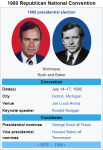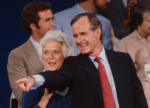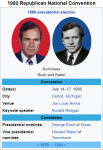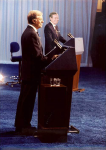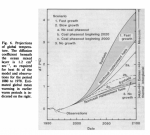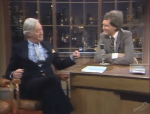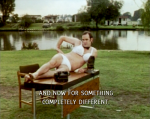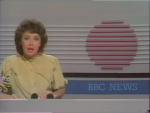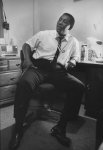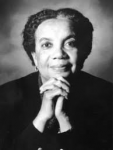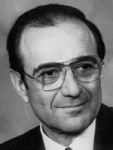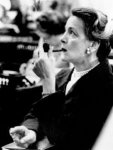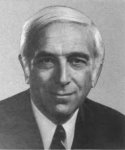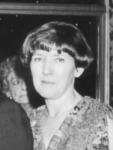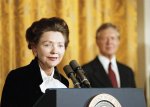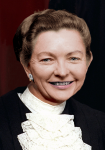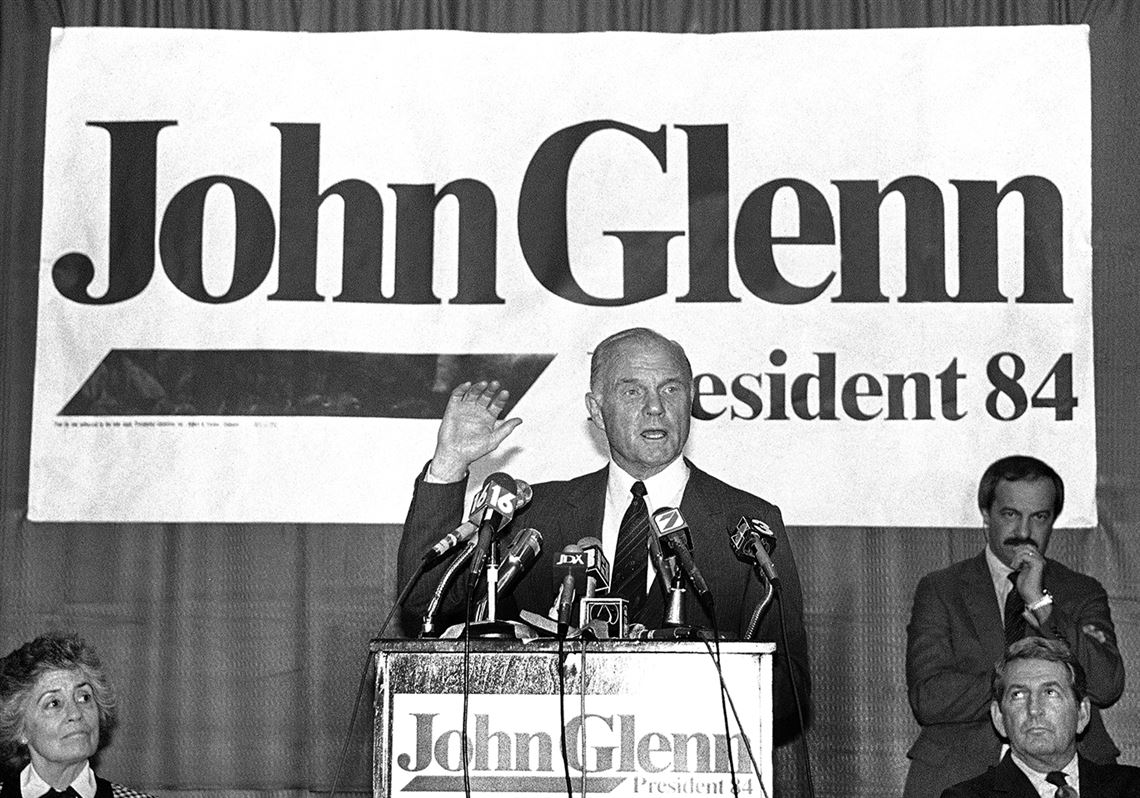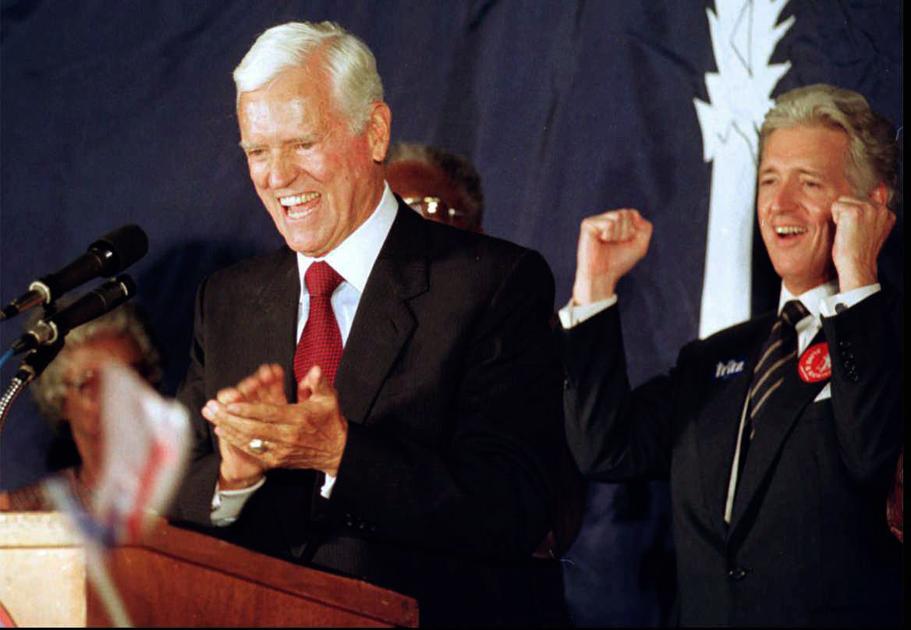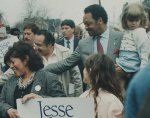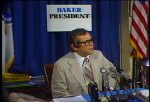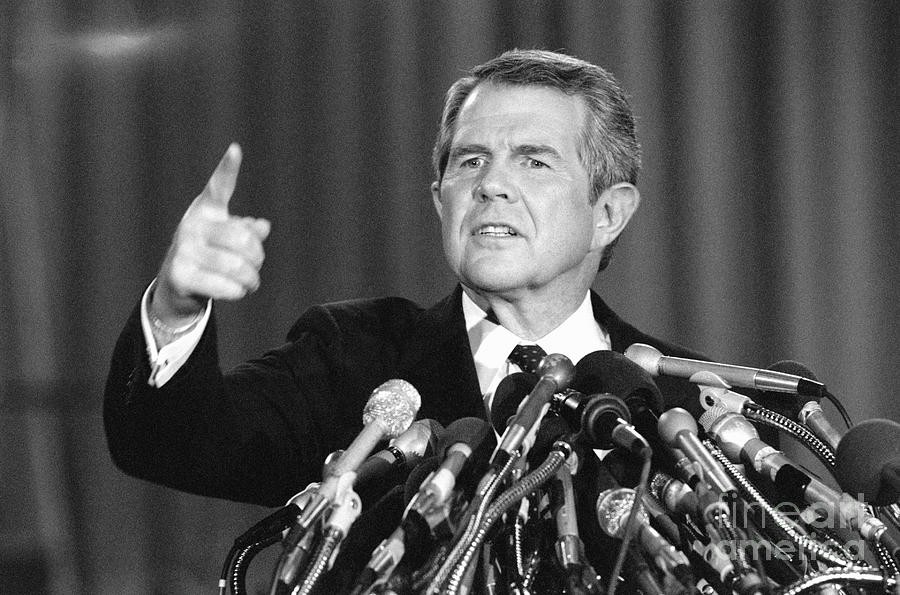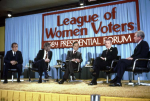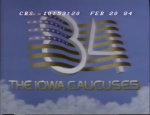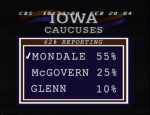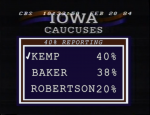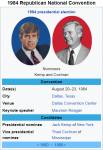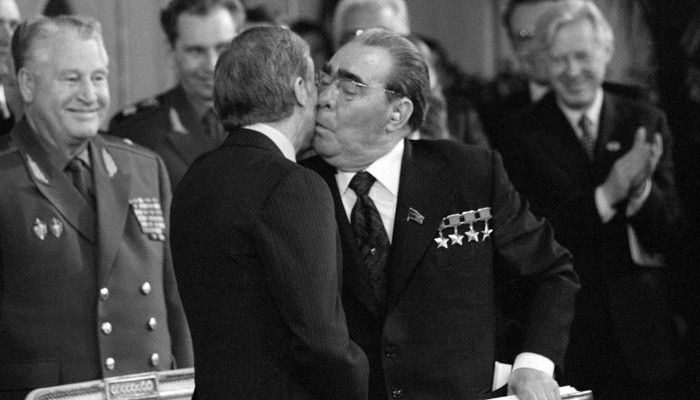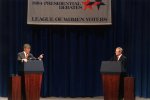Rileyspaghetti
Howdy
- Location
- Commonwealth of Zelandia
Into The Carterverse
The San Vincente Car Crash
The San Vincente Car Crash
Ronald Reagan was disappointed, Miles away from Iowa in Los Angeles he was being questioned by reporters about his disappointing loss in the caucuses. Despite putting on a brave face the media could clearly tell he was irritated. After his narrow loss in the 1976 primary Reagan felt the sensation of the nomination that weeks ago he thought was assured now slipping away. What was clear now to Reagan was that his hands off approach to Iowa had cost him the contest. If it was repeated, he pondered, what next? First Iowa, then Puerto Rico and then New Hampshire… and then the nomination. Reagan embarked to his Riviera residence, ready to make a few calls when he arrived.
The closeness of the caucus left Reagan hopeful for victory up until the late reaches of the night. Despite it being close to midnight, being a Monday night there was moderate traffic about. For whatever reason, possibly inspired by the frustration of his loss, Reagan demanded to drive home himself. According to later accounts by Mr. Reagan, just before an intersection between San Vicente Boulevard and Montana Avenue he was battling to keep his eyes open. When he next struggled to open them fully again he discovered he was about to run a red light into oncoming traffic. By instinct he slammed on the breaks but it was too late and as his car crossed the threshold another car coming down Montana Ave. hit Ronald Reagan's car at slightly over the speed limit of 30mph. The car crashed into the drivers door almost directly aimed at Mr. Reagan. Ronald Reagan's older age allowed his more brittle bones to break and the momentum flung him sideways onto the passenger seat.
Reagan was retrieved from his car shocked but conscious. It was only later in hospital that he discovered from a doctor that the strain that his spinal cord sustained had left him effectively paralyzed from the waist down. A trauma on his head left his train of thought fuzzy and he displayed temporary signs of forgetfulness. His physical condition left him unable to sit up in bed and numb. A subdural hematoma was later discovered and treated alleviating some of the symptoms.
An outpouring of sympathy from a variety of politicians from all backgrounds. Despite refusal from Reagan for several days for non familial visitors George Bush was finally allowed to visit Reagan in hospital on the 25th of January followed by John Anderson, Howard Baker, President Carter and Vice President Mondale among other visitors as well as a telephone call from British Prime Minister Margaret Thatcher. As the details of Reagan's new condition were revealed speculation swirled over whether he would continue to campaign for the Republican nomination. A late January nationwide Gallup poll had George Bush with a 10 point lead over Ronald Reagan if he were to stay in the race. The deliberation over whether to continue would extend until the end of the month with Reagan still hospitalized. National polls among Republicans showed that a vast majority thought that if Reagan's conditions were not to improve they did not approve of Reagan continuing his campaign. On the 1st of February the announcement was made that Ronald Reagan would reluctantly suspend his campaign for president due to his paralysis and newfound health difficulty.
The ending of Ronald Reagan's campaign in 1980 would encourage republicans to flock to George Bush en masse after his display of “compassion” following Reagan's car crash, shaping the upcoming 1980 Election in his image as a Pragmatic Conservative leading a united Republican party behind him. He would go on to sweep all contests in the Republican Primary with John Anderson coming in a far second.
Despite his legacy in 1976 and 1980 Reagan would fade out of the public spotlight of politics over the next 4 years. He would leave hospital in February but he reportedly despised being confined to a wheelchair for the rest of his life. His health complications would eventually lead to his death at the age of 77 on the 8th of May 1988.
Last edited:



